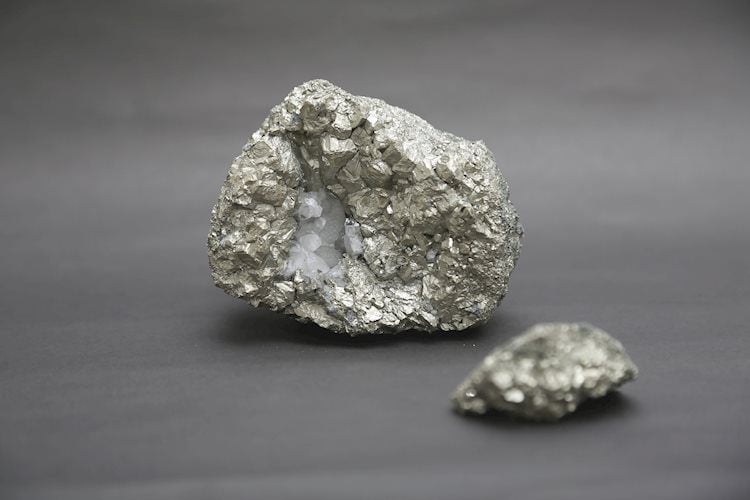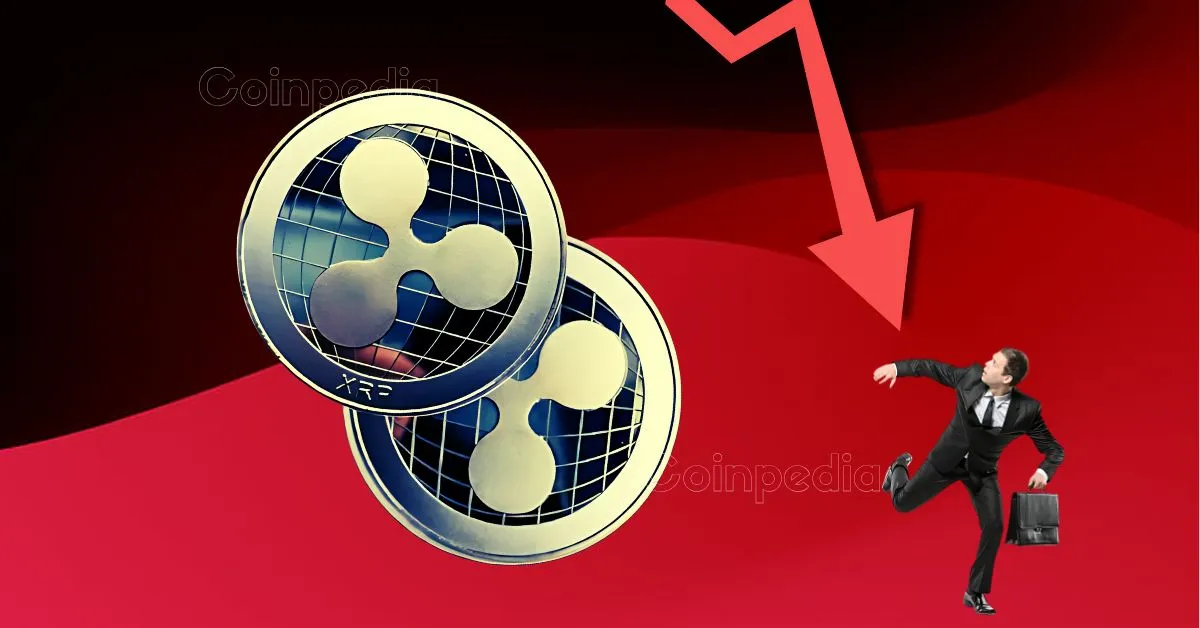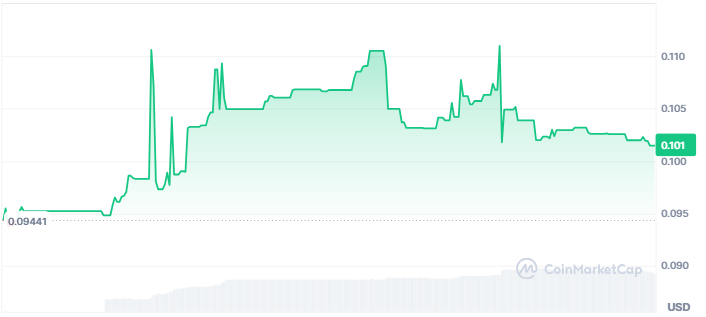Category: Forex News, News
XAG/USD drops to nearly two-month low, 100-day SMA breakdown in play
- Silver remains under some selling pressure on Thursday and retests October’s swing low.
- The technical setup favors bearish traders and supports prospects for additional losses.
- Any attempted recovery could still be seen as a selling opportunity and remain capped.
Silver (XAG/USD) attracts some follow-through selling during the Asian session on Thursday and drops to its lowest level since September 19 in the last hour. Bearish traders now await a sustained break below the $30.00 psychological mark before positioning for an extension of the recent sharp retracement slide from a 12-year peak touched last month.
The overnight close below the 50% Fibonacci retracement level of the August-October rally and a subsequent break through the 100-day Simple Moving Average (SMA) for the first time since September could be seen as a fresh trigger for bearish traders. Moreover, oscillators on the daily chart have been gaining negative traction and are still away from being in the oversold zone. This, in turn, suggests that the path of least resistance for the XAG/USD remains to the downside and supports prospects for a further depreciating move.
The white metal might then accelerate the fall towards the 61.8% Fibo. level, around the $29.65-$29.60 region. The downward trajectory could extend further towards the $29.20-$29.15 area before the XAG/USD eventually breaks below the $29.00 mark and tests a technically significant 200-day SMA, currently pegged near the $28.65 zone.
On the flip side, any meaningful recovery attempt might now confront a stiff barrier near the $30.60 region (50% Fibo. level). Some follow-through strength, however, could trigger a short-covering rally and allow the XAG/USD to reclaim the $31.00 mark, though the momentum is more likely to remain capped near the $31.20 support-turned-resistance. The latter should act as a key pivotal point, which if cleared decisively will suggest that the commodity has formed a near-term bottom and pave the way for additional gains.
Silver daily chart
Silver FAQs
Silver is a precious metal highly traded among investors. It has been historically used as a store of value and a medium of exchange. Although less popular than Gold, traders may turn to Silver to diversify their investment portfolio, for its intrinsic value or as a potential hedge during high-inflation periods. Investors can buy physical Silver, in coins or in bars, or trade it through vehicles such as Exchange Traded Funds, which track its price on international markets.
Silver prices can move due to a wide range of factors. Geopolitical instability or fears of a deep recession can make Silver price escalate due to its safe-haven status, although to a lesser extent than Gold’s. As a yieldless asset, Silver tends to rise with lower interest rates. Its moves also depend on how the US Dollar (USD) behaves as the asset is priced in dollars (XAG/USD). A strong Dollar tends to keep the price of Silver at bay, whereas a weaker Dollar is likely to propel prices up. Other factors such as investment demand, mining supply – Silver is much more abundant than Gold – and recycling rates can also affect prices.
Silver is widely used in industry, particularly in sectors such as electronics or solar energy, as it has one of the highest electric conductivity of all metals – more than Copper and Gold. A surge in demand can increase prices, while a decline tends to lower them. Dynamics in the US, Chinese and Indian economies can also contribute to price swings: for the US and particularly China, their big industrial sectors use Silver in various processes; in India, consumers’ demand for the precious metal for jewellery also plays a key role in setting prices.
Silver prices tend to follow Gold’s moves. When Gold prices rise, Silver typically follows suit, as their status as safe-haven assets is similar. The Gold/Silver ratio, which shows the number of ounces of Silver needed to equal the value of one ounce of Gold, may help to determine the relative valuation between both metals. Some investors may consider a high ratio as an indicator that Silver is undervalued, or Gold is overvalued. On the contrary, a low ratio might suggest that Gold is undervalued relative to Silver.
Source link
Written by : Editorial team of BIPNs
Main team of content of bipns.com. Any type of content should be approved by us.
Share this article:










